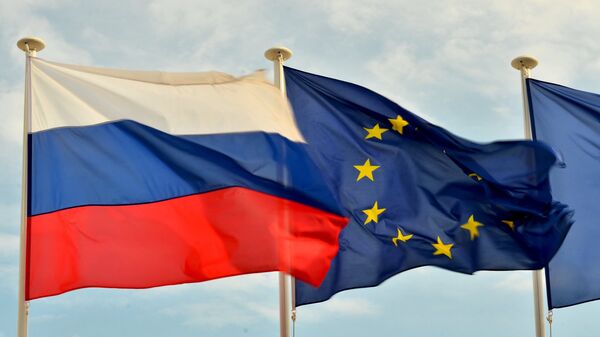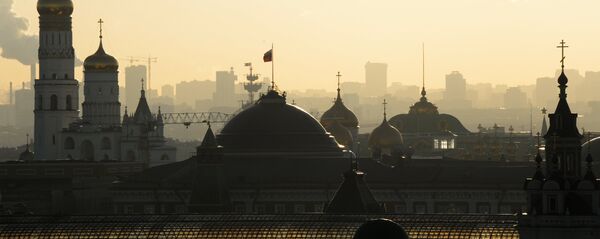In his article, published by Jornal de Angola, Matos quoted a wide array of politicians and businessmen in Germany and France as saying that the anti-Russian sanctions have already weighed heavily on their countries' political and economic sectors.
One of Germany's largest opposition parties, Alternative for Germany, even demanded an end to sanctions, which it said had rode roughshod over the German federal state of Baden-Wurttemberg. The region's highly developed economy is home to more than 900 companies which have offices in Russia.
"Meanwhile, for nearly two years Russia has resisted the sanctions, openly demonstrating its ability to find an alternative to the EU," Matos said.
In contrast, Hungary, Greece, Austria and Italy have begun to oppose the restrictive measures against Russia, Matos said, referring to a relevant article in the German weekly business news magazine Wirtschaftswoche.
"As for the Germans, they remain deeply divided over the Berlin government's approach to the anti-Russian sanctions, with a schism currently in place between those living in the western and eastern regions of the country," Matos said.
According to him, residents of the western regions see the government's stance on building relations with Russia as a moderate one, whereas those in the eastern regions blame Berlin for its hardline stance, which they say prevents progress.
"Being under the US's pressure, EU leaders do not have sufficient autonomy to meet the needs of European business in the face of the anti-Russian sanctions," Matos said.
He quoted European media, which voiced fears that EU members could be targeted by the United States, which could introduce punitive measures against them as well as use other forms of economic and financial pressure.
The sanctions have been prolonged several times despite the fact that Russia has repeatedly denied allegations of its involvement in the ongoing Ukrainian conflict. On December 22, 2015, the European Council decided to extend the anti-Russian economic sanctions until July 31, 2016.
In late April 2016, the French National Assembly backed a resolution urging the repeal of anti-Russian sanctions. Out of the 101 lawmakers present, 55 voted in favor of the document, which is non-binding in its nature.





